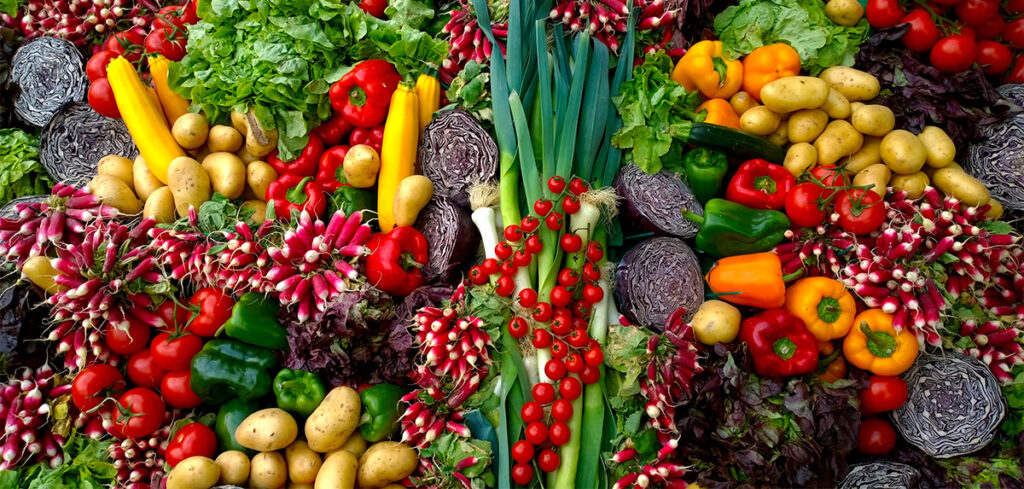Morocco Becomes Spain’s Top Supplier of Fresh Fruit and Vegetables by Value

Rabat, The Gulf Observer: Morocco has emerged as Spain’s leading supplier of fresh fruit and vegetables by value during the first five months of 2025, according to official Spanish customs data compiled by the Federation of Associations of Producers and Exporters of Fruits and Vegetables (FEPEX).
Between January and May, Moroccan exports to Spain reached €834 million, marking a 30% increase compared with the same period in 2024. In terms of volume, France retained the top position with 549,069 tons, up 11%, while Morocco ranked second with 322,810 tons, an increase of 26%.
The figures reflect a significant shift toward higher-quality, higher-priced produce from Morocco. Industry analysts note that Spanish buyers are now paying more per kilogram for Moroccan goods, a sign that the country’s standards, reliability, and presentation have aligned with European market expectations. This achievement is the result of years of targeted investment in modern packing facilities, certified farms, and improved logistics that enable Moroccan exporters to meet Spain’s stringent delivery schedules and quality controls.
The development comes at a time when Spanish growers are grappling with reduced domestic output and frequent climate-related disruptions. Importers are increasingly turning to Morocco as a stable and competitive source to maintain supermarket supplies, marking a historic reversal in trade flows between the two countries. Once a major exporter to Morocco, Spain now depends on the North African nation for a growing share of its fresh produce.
However, sustaining this growth presents challenges. Morocco is experiencing one of its driest periods in recent years, with water scarcity affecting key agricultural regions. Irrigation networks are under pressure, prompting adjustments in crop choices and farming methods. While investments in efficient irrigation systems, desalination, and resource management have helped maintain production levels, the heavy reliance on limited water reserves has raised concerns over the long-term sustainability of the sector’s rapid expansion.


